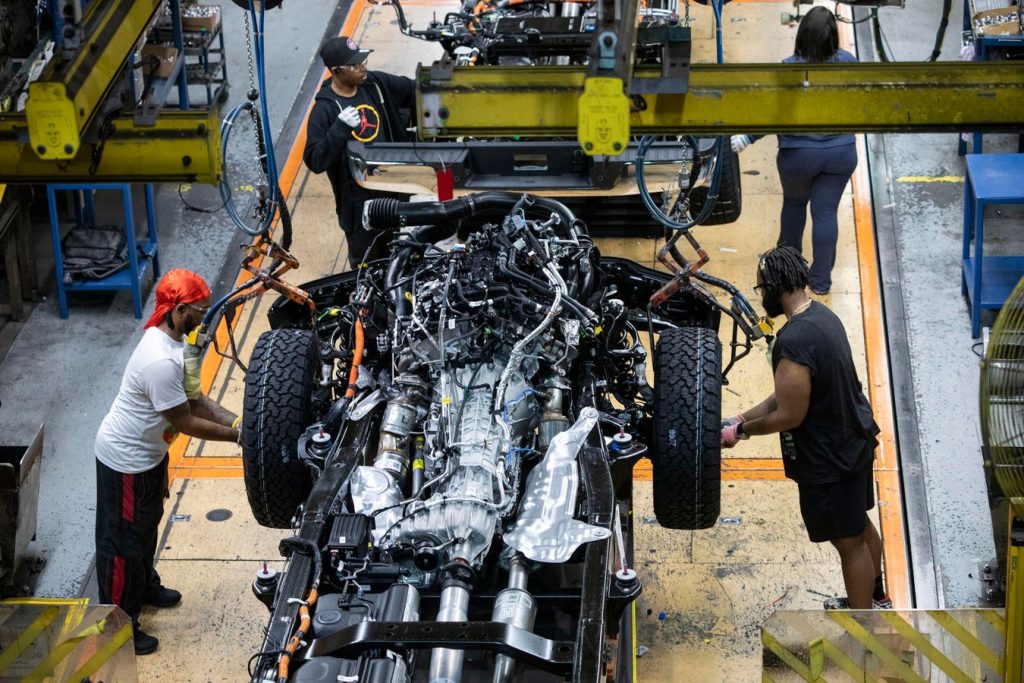The auto industry, once a powerhouse of manufacturing and progress, now finds itself in a perfect storm of challenges. Inflation, electrification, AI, and global geopolitics threaten not only assembly line processes but also the very structure of economies and cities. Established car manufacturers are facing labor disputes and layoffs as they struggle to transition to electric vehicles amid fierce competition from Chinese companies like BYD and newcomers like Vinfast.
The rising cost of making cars and car ownership, combined with the ongoing global chip shortage, further complicates the situation for automakers. The shift towards electric vehicles is just the beginning of a larger transformation in the manufacturing process, with AI and robotics playing a key role in increasing efficiency and reducing the need for human labor. However, this automation comes with the risk of displacing good-paying human jobs in the industry.
City planners envision a future with fewer cars and more sustainable modes of transportation like walking, cycling, and public transit. However, decades of subsidies for car manufacturing and fuel production have distorted transportation economics, making it difficult for governments to break free from car-centric policies. The push towards reducing emissions and car ownership challenges national governments reliant on traditional economic engines like car sales and manufacturing jobs.
Legacy automakers are at a crossroads as they face technological disruption and workforce displacement. The goal is to create a sustainable and accessible future by upskilling the workforce, untangling the supply chain, promoting multimodal mobility, rethinking urban transportation revenue, and embracing a platform approach for the future of transportation. The winners in this mobility game will be those who adapt and seize the opportunities presented by the changing industry landscape.
This upheaval in the auto industry serves as a bellwether for broader societal changes, forcing us to confront fundamental questions about work, sustainability, and the future we want to create. The choices made today will shape the future of transportation, automation, and sustainability, highlighting the need for adaptation and innovation in the face of unprecedented challenges. The ultimate goal is to create a future where efficiency, access, opportunity, and environmental responsibility are prioritized as we navigate the complexities of the evolving automotive landscape.


